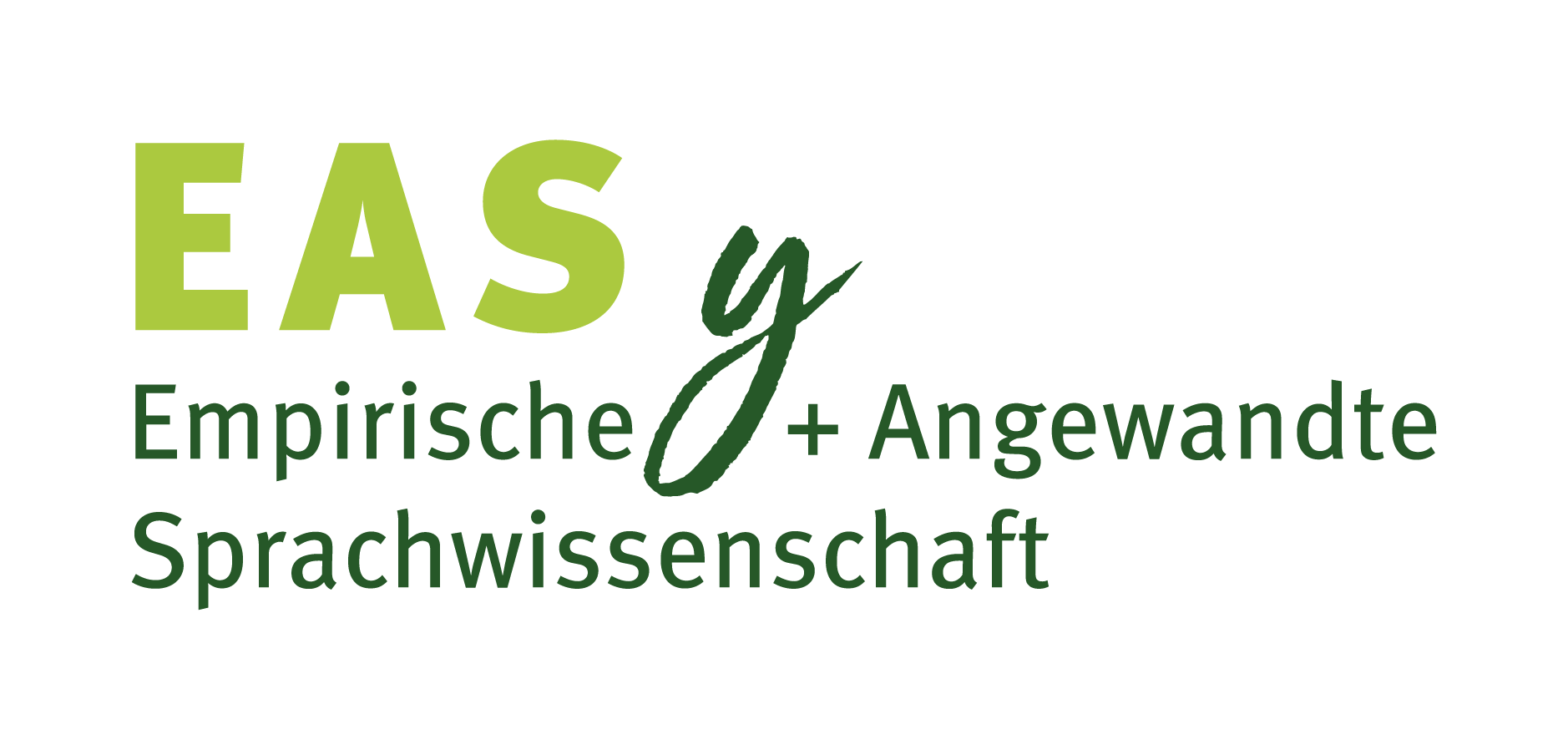Multilingualism and Language Acquisition
Objective
The aim of this module is to provide students with knowledge about multilingualism and language acquisition. Students will become familiar with methods and findings of basic research and deal with their practical relevance (second and foreign language acquisition; didactics of multilingualism, etc.). The module can be productively combined with all specializations if the individual focus is on issues of language acquisition and individual and societal multilingualism. The contents of the module fit well with the elective module “Linguistic Variation” and can also be combined particularly well with the contents of the modules “Language in Interaction,” “Language and Culture,” and “Linguistic Typology.”
Course content
The module introduces basic concepts of multilingualism and language acquisition research. In the lecture/seminar, knowledge is imparted to students about forms of social and individual multilingualism, about second language acquisition and its conditioning factors, and about special features of third language acquisition. Students deal with theories of language acquisition and with empirical findings on language acquisition processes and language knowledge and language processing in multilingual speakers. Students also gain an overview of the methods of multilingualism and language acquisition research. The seminar is devoted to a more in-depth study of some of the aspects mentioned above and gives students the opportunity to work with data or to conduct their own experiments and analyses.
The language practical consists of a language course in a previously unknown language that students can freely choose. Here, the students should consciously go through a language acquisition process themselves and document and reflect on their own language learning and use. In a preparatory session, students develop a guide for documenting and reflecting on the language acquisition process (language learning diary).
Learning Outcomes
The students will have become familiar with the scientific examination of individual and social multilingualism. They will know the special features of bilingual language knowledge as well as its acquisition and use. Students will also be able to classify these special features theoretically and, due to their methodological competence, will be able to carry out independent analyses of language data as well as critically reflect on common diagnostic and research methods. They will have mastered subject-related aspects of scientific work and they will have expanded their foreign language skills in addition to their ability to reflect.


